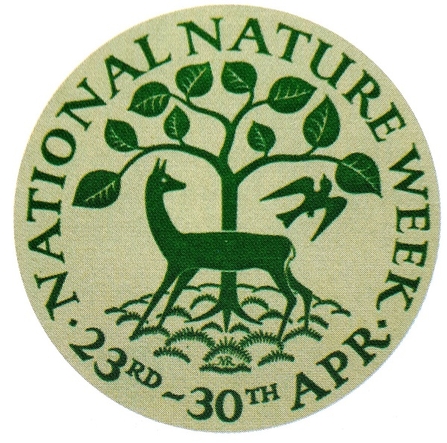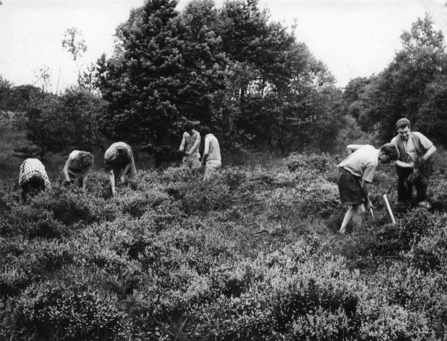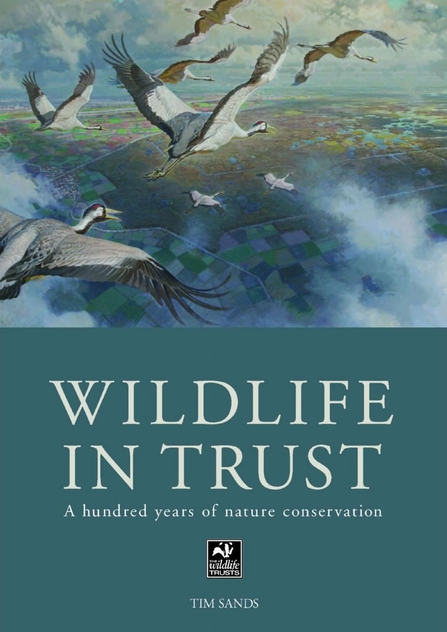The Duke of Edinburgh’s considerable contribution to international wildlife conservation has been highlighted in the many tributes paid to him following his death at the beginning of April. Much less has been said about his vision and early support for wildlife conservation in this country.
Over time, the conservation spotlight on the royal family has moved from the Duke of Edinburgh to his son, the Prince of Wales and grandsons the Princes William and Harry and many today are unaware of his role in championing new conservation practices and thinking starting more than sixty years ago.
In 1959, three years after The Duke of Edinburgh launched his Award Scheme, His Royal Highness became President, and actively supported, the National Conservation Corps, to enable young people to ‘spend “hard work” holidays’ doing important management on nature reserves; an early task was at Gibraltar Point. Within two years, Lincolnshire, along with at least five other Wildlife Trusts, had established its own Conservations Corps and was supporting two independent groups in Lincoln and Grimsby.





